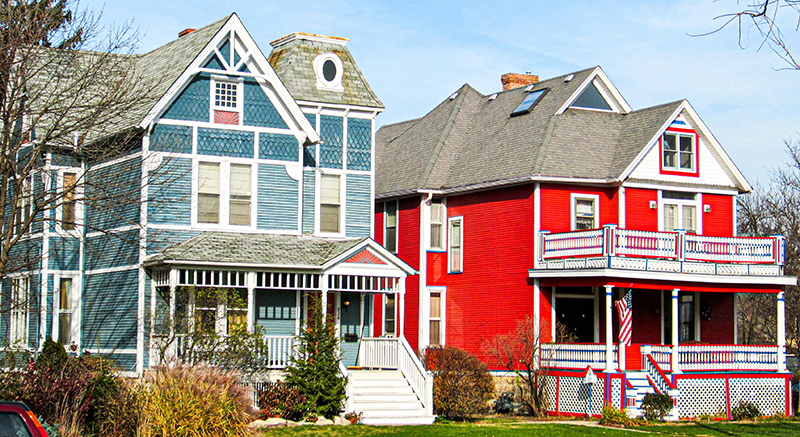The real estate market varies significantly from state to state due to various factors such as economic conditions, population growth, job market, tax policies, climate, and lifestyle preferences. In the case of Illinois, several unique characteristics distinguish its real estate market from others across the United States.
The Illinois Economic Conditions and Job Market
Illinois is home to numerous industries, including finance, manufacturing, agriculture, and technology. With Chicago as one of the world’s leading financial centers, job opportunities in Illinois are abundant, which impacts real estate demand. However, some rural areas have seen a decline in industries like coal mining and manufacturing, leading to lower housing demand and prices in those regions.
Population Growth and Migration
Illinois has a large and diverse population, with a higher concentration in and around the city of Chicago. However, the state has been experiencing a consistent population decline over recent years. This outward migration, attributed to high taxes and job opportunities in other states, has impacted the real estate market, resulting in slower growth of home prices compared to states with higher population growth rates.
Illinois Taxes
Illinois has one of the highest property tax rates in the United States, which influences potential homeowners’ decisions. High property taxes can deter potential buyers, keeping home prices lower than they would be in states with lower property taxes. On the other hand, these taxes help fund public services, such as education and infrastructure, which can enhance the quality of life and, therefore, the attractiveness of certain areas.
Regional Variations
Like many states, Illinois has significant regional variation in its real estate market. Chicago, its suburbs, and the Metro East area near St. Louis have different market dynamics compared to rural areas. In urban areas, demand for housing is high due to job opportunities and amenities. However, in some rural areas, demand is lower, which leads to lower prices.
Architecture and Historical Significance
Illinois, and Chicago, in particular, is renowned for its architectural significance. The availability of historical and architecturally significant properties can drive up prices in certain markets within the state.
Climate and Natural Disasters
While not the first factor potential homebuyers consider, the Illinois climate can impact the real estate market. The state experiences all four seasons, which can be a selling point for some buyers. However, Illinois also faces various natural disaster risks, such as tornadoes, floods, and winter storms, which can impact insurance costs and home values.
Overall, the real estate market in Illinois is shaped by a complex interplay of factors, ranging from economic conditions and tax policies to regional variations and architectural significance. While some aspects pose challenges, others contribute to its unique appeal and offer opportunities for investors and homebuyers alike. It’s crucial for buyers, sellers, and investors to understand these nuances when navigating the Illinois real estate market.






